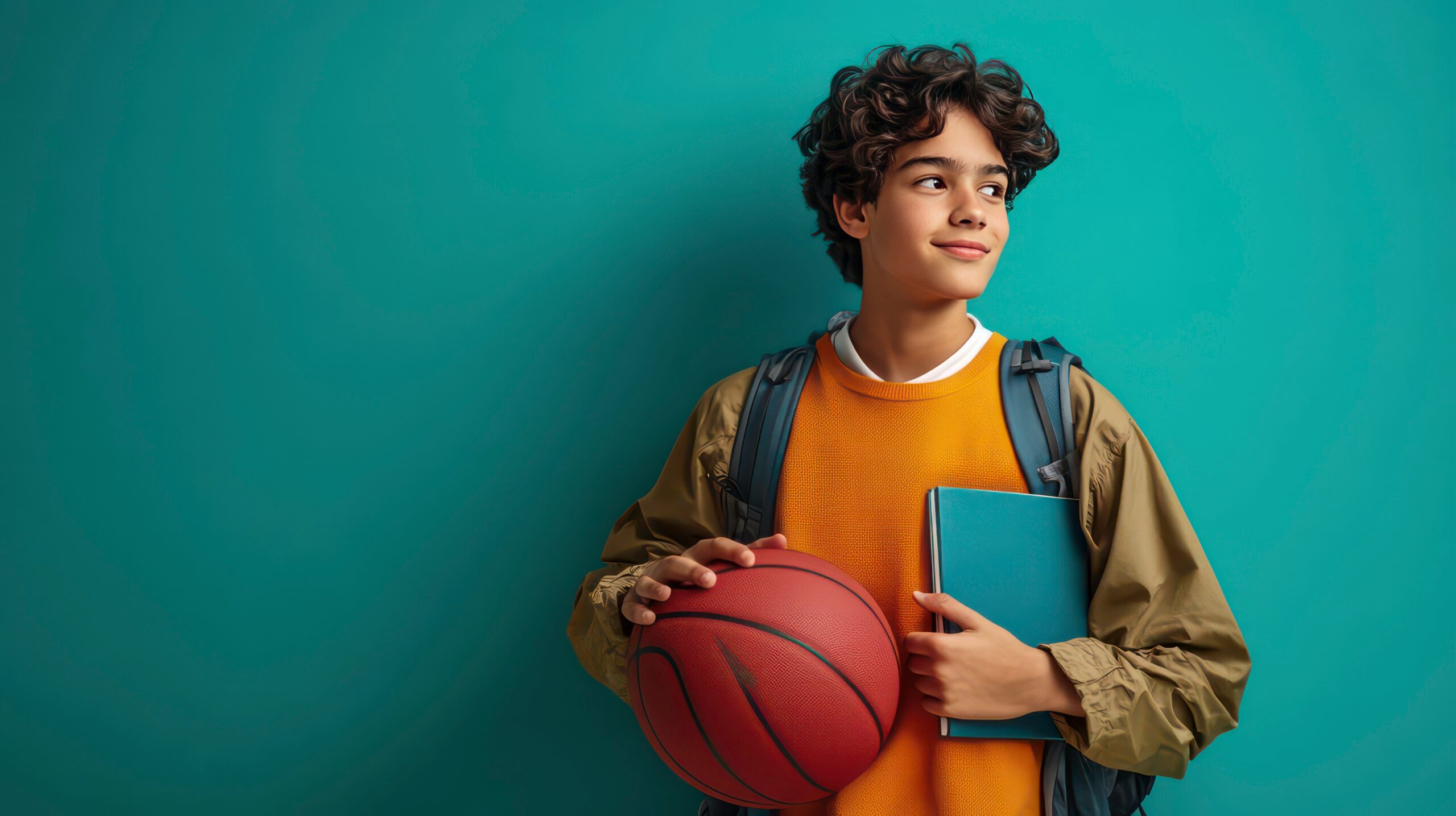Growing Up in Two Worlds
When I think about my childhood in Fremont, California, it’s hard to separate the sound of sneakers on the court from the smell of old chess books. My days were often split between track practice, basketball games, and late-night problem sets—or running chess puzzles on my phone until my eyes gave out. From a young age, I felt pulled toward two very different worlds: the mental intensity of academic challenges and the physical demands of competitive sports.
For a long time, I wondered if I had to pick one. But over time, I realized that blending both disciplines gave me a distinct edge. The discipline I gained through sports strengthened my focus in the classroom. The strategic thinking I practiced in chess helped me stay calm during close basketball games or the final lap of a hurdles race. That dual focus—on mind and body—has continued to shape how I work, think, and live.
Discipline Is a Muscle
There’s a lot of talk today about building discipline, and rightfully so. But one thing I’ve learned through athletics is that discipline isn’t just a mindset—it’s a muscle. The early mornings, the strict training schedules, the commitment to improvement even when no one is watching—all of that builds a kind of grit that carries over into everything else.
When I was training for hurdles, I couldn’t skip steps. One misstep and you’re on the ground. That kind of attention to detail—combined with constant repetition—is what makes good athletes great. And it’s the same in academics. Whether it’s studying dense economic models at the University of Chicago or running data simulations at NYU, you need that same persistence to push through when things get hard. Athletics taught me how to show up every day and stay committed, even when results didn’t come right away.
Competing With Character
Team sports taught me more than just how to win—they taught me how to lead, how to fail, and how to support others even when you’re not at your best. In basketball, I learned how to read the court, listen to my teammates, and recover quickly from mistakes. It’s easy to get wrapped up in your own performance, but sports constantly remind you that you’re part of something bigger.
That’s a lesson I carry with me in group projects, work collaborations, and professional environments. No matter if I am with friends or coworkers, I try to bring the same values: humility, support, and shared accountability. You can’t be the hero on every play, but you can make every play count for your team.
Building a Resilient Mindset
Track and field, especially hurdling, is brutal in the best way. It’s just you, the clock, and the obstacles in front of you. There’s nowhere to hide. I’ve tripped in races. I’ve lost by hundredths of a second. And I’ve had to walk off the track knowing I gave it my all and still came up short.
Those moments, as painful as they are, built a kind of mental resilience that I lean on every day. When a trade doesn’t go the way we predicted, when a paper gets torn apart in peer review, or when life throws an unexpected curveball—those are the moments where I draw on what sports taught me: breathe, refocus, and try again.
Sharpening the Mind
While sports shaped my attitude and work ethic, academics gave me the tools to think deeply and solve complex problems. The University of Chicago pushed me to ask “why” at every turn, and NYU helped me understand how to turn data into decisions. That academic training has been essential in my career and personal growth.
But what really made the difference was how my physical training gave me the energy and focus to stay sharp mentally. On days when I felt overwhelmed by coursework, a run or a pickup game would reset my brain. There’s something powerful about engaging your body—it helps clear mental fog and restore your ability to focus.
The Balance Is the Advantage
People often ask me how I “balanced it all”—academics, athletics, chess, community service. The truth is, it wasn’t always balanced in the moment. There were weeks when one took precedence over the other. But what kept me grounded was the belief that the combination itself was the secret.
Pursuing both brains and brawn isn’t about being perfect in each—it’s about letting each one sharpen the other. It’s about building a life where both mental and physical discipline are part of your identity. That balance makes you more adaptable, more resilient, and honestly, more fulfilled.
A Message to Students and Young Professionals
If you’re in high school, college, or just starting your career and feeling like you have to choose between your passions—don’t. Whether it’s sports, music, academics, or leadership, pursuing more than one path is not a distraction—it’s a multiplier.
The habits you build in one area will strengthen you in others. You’ll find that your best ideas sometimes come after a workout. Your calmest decisions may come from years of dealing with pressure on the court or stage. And the confidence you carry into an interview or meeting might just come from knowing you’ve pushed your body and mind beyond their comfort zones before.
Where It All Leads
I’m incredibly grateful for the way my academic and athletic experiences have shaped who I am. They’ve taught me how to work hard, think clearly, collaborate well, and bounce back. In a world that often pushes people to specialize early and stick to one path, I want to be a voice for something different.
You can be both analytical and athletic. You can build endurance in the gym and in your studies. And in doing so, you can become not just a well-rounded professional—but a stronger, smarter, and more grounded version of yourself.
